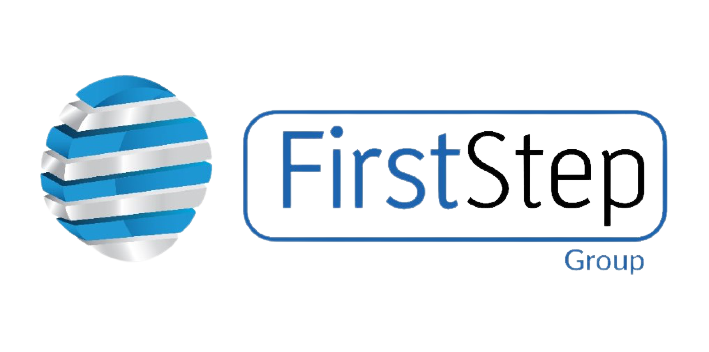Business valuation confines the intrinsic value and worth of the business in the market. Valuing a business requires in-depth knowledge of valuation methods and industry specifics. Only industry professionals who are familiar with market capitalization can develop comprehensive expertise in accurately valuing the business. However, by learning the underlying fundamental approaches, one can make the basic estimates of the current valuation. Common approaches to business valuation include a review of financial statements, discounting cash flow models, and comparisons with similar companies. Business valuation helps in tax-related events such as reporting, sales, purchases, or gifting the shares of a company.
Business valuations are predominantly used to value the equity of a company for some form of investment. Valuation also signifies the financial leverage, future performance, exit strategy, cash flows, and expected financial returns of the company.
Being in an informed position enables the shareholders of the company to understand the available options and how the company valuation fits into the bigger picture of profitability.
Methods of Valuation
Book value
Book value is a method to find the value of tangible assets which is exhibited on the balance sheet statement of the company.
To compute the book value, start by deducting the company’s liabilities from its assets to determine the owners’ equity. Then, exclude any intangible assets. The remaining value represents the value of any tangible assets of the company.
Book Value = Total Assets – Total Liabilities
Liquidation Value
Liquidation value is the net cash that a business would generate if its assets were liquidated and liabilities were paid off today. It is a notably unreliable method.
Discounted Cash Flows
The DCF approach of the business relies on estimates of future cash flows, which are then modified to determine the present market value of the company. The discounted cash flow approach brings inflation into account when determining the present value.
With discounted cash flow analysis, the value of the business is projected using future cash flows that were adjusted for inflation.
Discounted Cash Flow =
Terminal Cash Flow / (1 + Cost of Capital) Number of Years in the Future
Market Capitalization
Market capitalization is the simplest approach to value a company. It is computed by multiplying the share price of the business by the total number of outstanding shares. Publicly listed companies frequently use market capitalization as it offers an easy approach in determining a company’s value based on the stock price and the number of outstanding shares. However, this isn’t pertinent to the valuation of private companies.
One of the most basic indicators to identify the worth of a publicly listed company is its market capitalization. The computation involves multiplying the total shares by the current share price.
Market Capitalization = Share Price x Total Number of Shares
EBITDA
A suitable metric to measure net income and profitability is earnings before interest, taxes, depreciation, and amortization. EBITDA aims to depict the cash profit generated through the business’s activities by removing taxes, debt repayment expenses, depreciation, and amortization from the total income.
The majority of methods used for valuation are arbitrary. However, the EBITDA multiplier offers a great alternative.
EBITDA is used to evaluate the entire profitability of the company before deducting non-cash expenses, taxes, and financing decisions. It shows the operational earnings (EBITDA) of a firm that an investor is ready to pay for. An undervalued firm may have a lower EBITDA ratio, while an overvalued company may have a higher ratio.
EBITDA = Total Revenue – Operating Expenses
Or,
EBITDA = Net income + taxes + interest expenses + depreciation + amortization
Factors Affecting Company Valuation
i) Market conditions and industry trends
The performance of a business is frequently correlated with the state and future development possibilities of its sector. While adverse trends may have the opposite impact, positive market circumstances and industry trends can raise a company’s worth.
ii) Financial Performance
The past and future financial performance of a firm is a major factor in establishing its valuation. During the valuation process, variables, including operating margins, profitability, and revenue growth, are thoroughly evaluated.
iii) Positioning for Competition
Important factors in determining a company’s valuation include its industry reputation and the level of competition. A business that leads its industry and has a significant competitive advantage may be valued more than its competitors.
iv) Leadership and Quality Management
A competent team and effective management are essential components in determining the company’s worth. A capable management group with a proven track record may boost investor trust and raise the value of the business.
v) The Financial Landscape
The general state of the economy, which includes GDP growth, inflation, and interest rates, can have an impact on company valuations. Strong economic growth can lead to higher values, whereas economic downturns may result in lower values.
vi) Trademark Registration in UAE
In the dynamic business landscape of the UAE, understanding the value of a company extends beyond traditional metrics. The brand value of the company holds immense value. Legal protections like Trademark registration in the UAE contribute significantly to a company’s distinctive market presence, market positioning, and financial worth. It holds a crucial position in increasing the company’s valuation.
Conclusion
As businesses thrive in the competitive environment of the UAE, the process of company valuation has become more complex. Market conditions, financial results, Positioning for Competition, Quality Management, and Financial Landscape, along with securing intellectual property rights through Trademark Registration and Logo Registration in UAE, have become pivotal. It directly impacts the perceived value and overall valuation of the company.






